
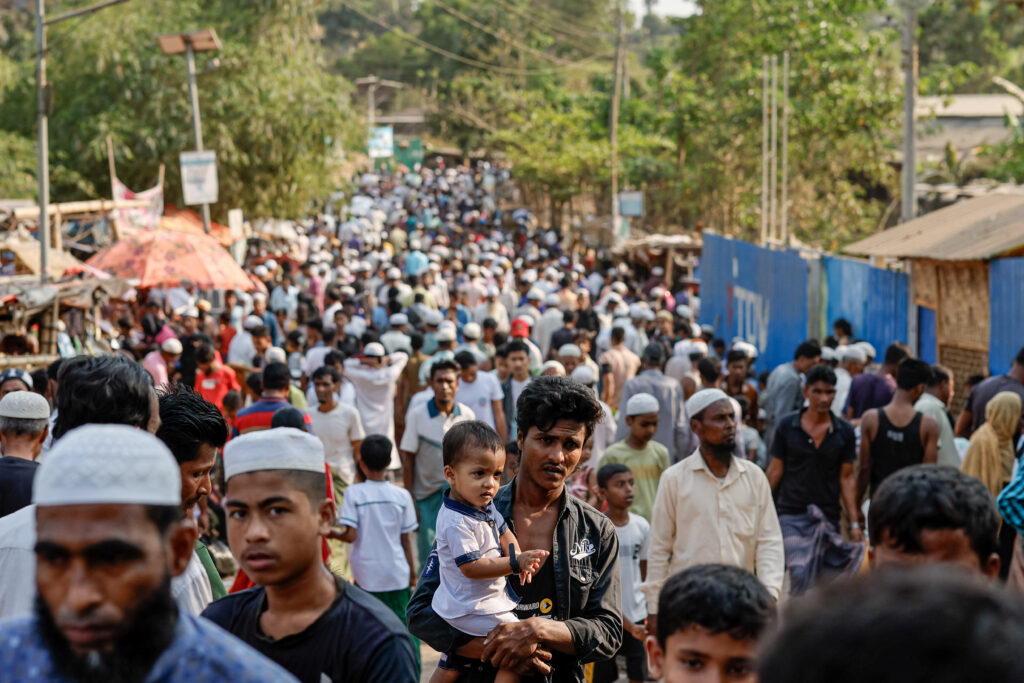
GENEVA (Reuters)
The number of people displaced by war and persecution around the world climbed above 122 million this year due to a failure to resolve multi-year conflicts such as those in Sudan and Ukraine, the U.N. refugee agency said on Thursday.
However, it said that funding to help the refugees has fallen to 2015 levels.
There were over 2 million more people displaced globally by the end of April 2025 than there were the previous year despite the return of nearly the same number of Syrians after the collapse of Bashar al-Assad’s rule, according to the report by United Nations High Commissioner for Refugees Filippo Grandi.
It attributed the rise to major conflicts in Sudan, Myanmar and Ukraine, and a continued failure to stop the fighting.
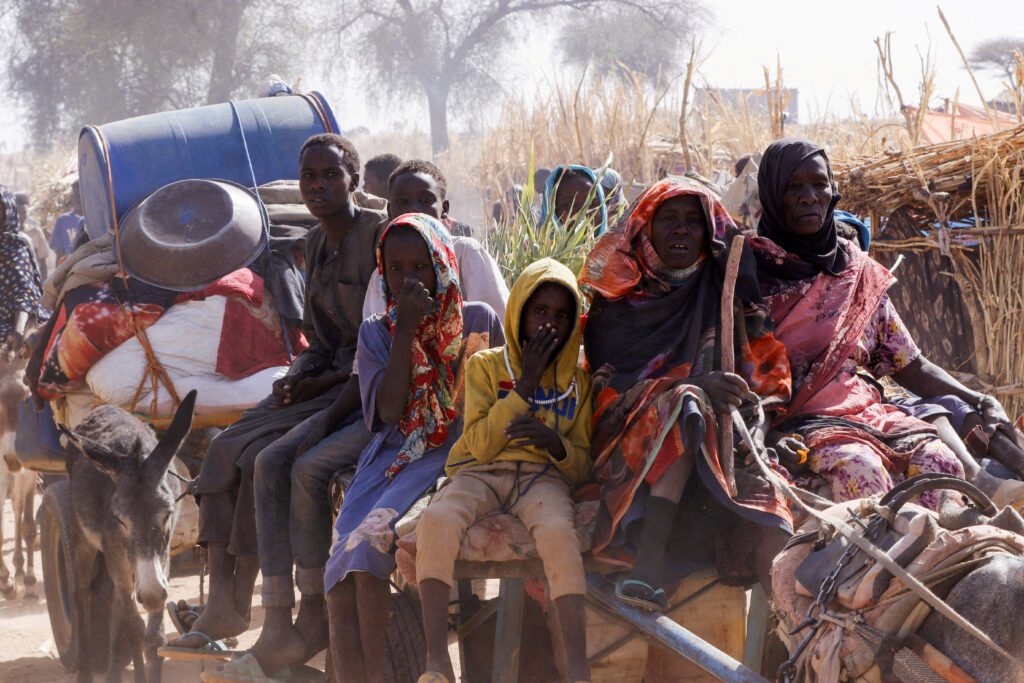
“We are living in a time of intense volatility in international relations, with modern warfare creating a fragile, harrowing landscape marked by acute human suffering,” Grandi said in a statement alongside the report.
Humanitarians complain that a lack of political leadership in brokering peace deals is prolonging conflicts and stretching aid groups seeking to address their impact.
The surge in displacement numbers comes as funding to help them has fallen to 2015 levels when the total number of refugees around the world stood at about half current levels, UNHCR said.
U.S. President Donald Trump has cut most foreign aid, while Britain and other European countries are also spending less on aid and more on defence.

UNHCR, without naming donors, described the cuts as “brutal and ongoing” and said the situation was untenable, leaving refugees and others vulnerable.
David Miliband, president and CEO of the International Rescue Committee aid group, said the cuts to support for poorer countries would drive further displacement.
The U.N. refugee agency, whose largest donor has historically been the U.S., has previously said the cuts put millions of lives at risk and left women refugees at a greater risk of rape and children at risk of trafficking.
“We are already doing more with less – but we cannot do this indefinitely,” said Jan Egeland, Secretary General of the Norwegian Refugee Council.

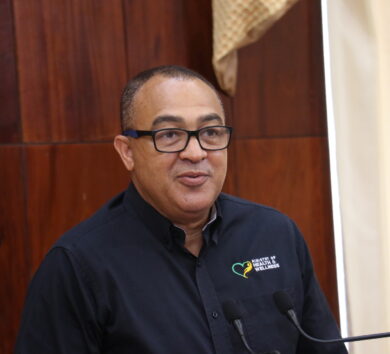
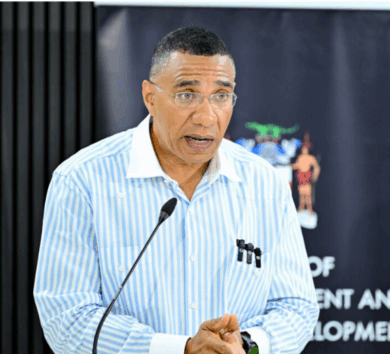

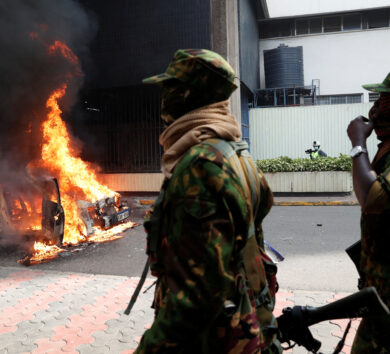

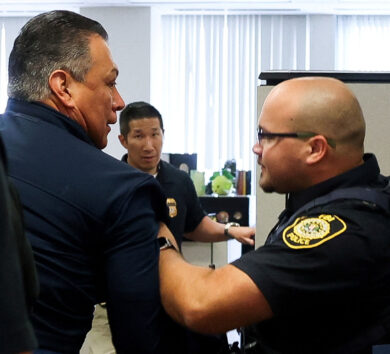
Comments